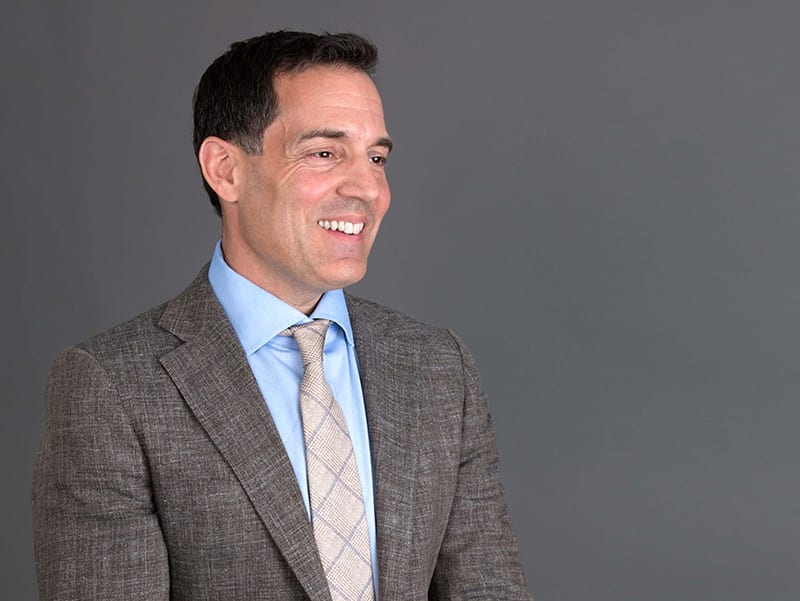05 Jun Are Insurance Companies Spying on You Following an Accident?
If you’ve suffered an injury as a result of someone else’s negligence, there is a good chance an insurance company may be financially liable to you. For example, if you are injured in a car accident the automobile insurance company of the responsible party will be liable for your bodily injuries, or if you fall at someone’s house there will be a homeowner’s insurance company that will be responsible for your injuries.
Knowing this, insurance companies like to be proactive. This means they work to protect their assets even before a claim is filed. They often hire investigators, gather witness statements, and take photographs as soon as they find out there has been an accident. But their efforts don’t stop there, especially if you file a claim.

I’ve often been asked by clients if investigators are spying on them. My response is yes, and in more ways than you probably realize. Here are some of the most common techniques insurance companies use to gain information that may be helpful to defend an injury case.
Video Surveillance
Often, insurance companies will hire investigators to follow you while you perform your daily activities. This is legal as long as they are not infringing upon your privacy, meaning if you’re at work or in a supermarket parking lot, recording you is fair game. The good news is that any recording must be turned over to your attorney in discovery.
Social Media Surveillance
In today’s information age, spying on you is easier than ever. Investigators often surveil your social media accounts. So, if you post on platforms such as Facebook and Instagram you can expect that those images and statements will find their way into your case. Further, making your settings private will not stop insurance companies from getting your posts. Most judges will allow access through a subpoena if you maintain social media accounts.
Medical Records
Insurance companies will not entertain a settlement of your injury case without first receiving authorization to obtain your medical records. This is to be expected. But often times your medical records contain a detailed history of your prior treatment, this often allows an insurance company to snoop even further into your history and get even more details about you to help defend a case.
My advice to people pursuing a personal injury claim is to realize that you are being spied on, but as long as you are telling the truth it doesn’t matter. For example, don’t claim you are bedridden while you were actually out shopping. This way if there is a video of you shopping it doesn’t matter. Exaggerating or lying usually doesn’t help an injury case because your medical records tell the story of how bad your injuries are. However, getting caught in a lie will always ruin a case.

About the Author
Steven Palermo is the managing partner for Palermo Law, Long Island’s Personal Injury Law Firm. He has been helping people receive compensation for their injuries for over 21 years. He focuses on cases involving car accidents, truck accidents, construction accidents and slip and fall injuries.
His book The Ultimate Guide to Handling New York Car Accident Claims details the ins and outs of a car accident claim in a simple, easy-to-read manner.

